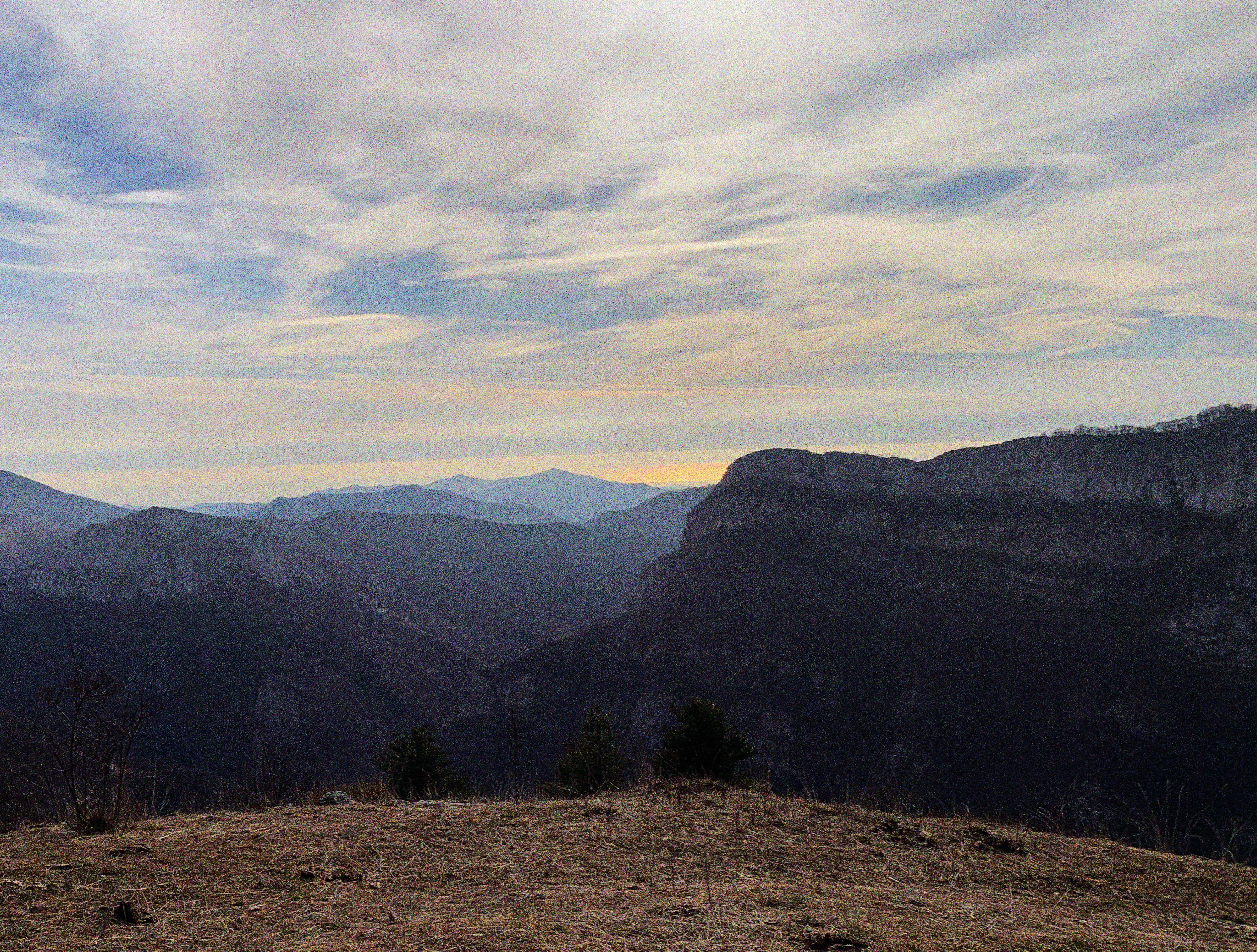
OB-SERVING THE LANDSCAPES
self—construction of micro architectures and landscapes photographic narratives workshops in the Tanaro Valley, Ormea — Cuneo
Politecnico di Torino, Department of Architecture and Design presents the new Petites Folies School, an Erasmus+ Blended Intensive Programme .
PARTNERS
- Politecnico di Torino (coordinator)
- Elisava — School of Design and Engineering [Barcelona]
- Strate — School of Design [Paris]
- Plug_in — Architecture and Multimedia Arts Laboratory [Genoa]
in collaboration with Comune di Ormea.
PROGRAM DESCRIPTION
OB-SERVING THE LANDSCAPES is an Erasmus+ BIP (Blended Intensive Programme) coordinated by the Department of Architecture and Design of Politecnico di Torino. The BIP is organized in two parts: an on-line didactic activity dealing with some themes of contemporary living in the inland areas of the Western Alps - alpine architecture, local development, sustainable tourism, territorial scenarios - and a double on-site workshop for the construction of a micro—architecture and a photographic narration of the territory of Ormea (Ligurian Alps). The main didactic aim is to provide an intensive experience of disciplinary knowledge (landscape, architecture, design and photography) associated with design practice and self—construction in the field.
ON—LINE WEBINARS
The program provides 4 on-line webinars (Friday afternoons) during which the students of the three universities will:
- Attend lectures by teachers and experts;
- Obtain information and instructions to develop the on-site activities;
- Develop off-line design activities;
- Present their design proposals;
- Obtain logistic information for the next on-site workshops.
ON-SITE WORKSHOPS
The on-site workshops will be held in 8 days of full-time experience in the mountain village of Ormea (Tanaro Valley, Cuneo).
- WS1 - “Riabitare il bosco”: a micro architecture self-construction in an Alpine landscape built with the design and technical support of GRRIZ architectural studio [Lyon].
- WS2 - “Qui non c’è il mare”: a photographic investigation and storytelling with the scientific and teaching support of DAD PoliTo and plug_in cultural association.
The two workshops and activities includes:
- Guided visits and inspections of the local sites;
- Lectures by experts;
- Meetings with stakeholders and local actors;
- Conversations with the local community;
- Design and processing activities;
- Final exhibition and public presentation of the results.
EXTRA—WORKSHOPS ACTIVITIES
Visits to the project site and surrounding territories will be led by the BIP teaching staff. Students will meet local stakeholders and learn about similar design experiences in other local villages, in order to understand the approach and to deepen their knowledge of Italian mountain realities and environments through direct observation.
PUBLIC EVENTS AND INAUGURATIONS
- 12.05 | h. 21.00 | Il vento fa il suo giro - Film screening by Giorgio Diritti at Ormea’s New Cinema [English sub]
- 13.05 | h. 19.00 | Architecture and communities| Lecture by Valeria Cottino at the former Elementary Schools
- 14.05 | h. 19.00 | Architectures by Officina82 | Lecture by Lara Sappa ,Fabio Revetria at the former Schools
- 18.05 | h. 10.00 | Riabitare il Bosco – inauguration of the shelter at Biranco Hamlet, loc. Quarzina
- 18.05 | h. 11.30 | Qui non c’è il mare – opening of the exhibition at the former Railway Deposit, Ormea | It will be accessible until 15/09/2024
DATES AND LOCATIONS
Open Call deadline: February 24th, 2024 h.11.59 p.m.
On-line Webinars: March—April, 2024 (8/03-22/03-5/04-19/04)
On-site Workshops: May 11th-18th, 2024 (Ormea, Cuneo - Italy)
GENERAL INFORMATION
Courses and activities will be held in English. Students completing the program will achieve 4 ECTS - 100 hours of activities.
HOW TO APPLY
Politecnico di Torino students
The BIP open call admits Politecnico di Torino MSc. students in Architecture Construction City, Architecture for Heritage, Architecture for Sustainability, Systemic Design.
Students are invited to send an e-mail to massimo.crotti@polito.it no later than February 24th, 2024 h. 11.59 p.m. with a single pdf file (A4, max 10mb) including:
- CV (max 2 pages) with personal information, phone and e-mail;
- List of exams (Bachelor's and Master's degree), including the name of the professors and the marks obtained (max 1 page);
- Portfolio (max 8 pages) containing graphic information and short descriptions, focusing on urban design exams and any extra-curricular experience;
The first 6 students in the ranking list will be contacted by e-mail by February 26th.
Elisava and Strate students
Please contact the International Mobility/Erasmus+ office of your university.
ECONOMIC CONTRIBUTION
The BIP doesn’t require any fee and provides mobility and accommodation. The main food costs will be agreed with local facilities.
CREDITS
BIP coordination:
Politecnico di Torino — Department of Architecture and Design
> Massimo Crotti [coordinator and scientific responsible]
In partnership with:
Elisava — School of Design and Engineering [Barcelona]
> Paolo Sustersic
Strate — School of Design [Paris]
> Anne Bugugnani
plug_in — Architecture and Multimedia Arts Laboratory [Genoa]
> Emanuele Piccardo
With the patronage of:
Comune di Ormea [Cuneo]
With the technical support of PoliTO:
LASTIN – Laboratorio Sistemi Tecnologici Innovativi / attrezzature e DIP
LabG4CH - Laboratorio di Geomatica per i Beni Culturali / rilievo fotogrammetrico UAV
WS1 // Riabitare il bosco
Design and technical support:
GRRIZ — Architectural Studio [Lyon]
> Luigi Greco
> Mattia Paco Rizzi
Supported by:
Fondazione CRC [Cuneo]
Comune di Ormea [Cuneo]
With the patronage of:
Riabitare l’Italia
WS2 // Qui non c’è il mare
Scientific and teaching board:
Department of Architecture and Design — PoliTo
> Massimo Crotti, Camilla Forina, Giorgia Greco, Ilaria Tonti
plug_in — Architecture and Multimedia Arts Laboratory [Genoa]
> Emanuele Piccardo
Supported by:
Strate — School of Design [Paris]

Funded by the European Union. Views and opinions expressed are however those of the author(s) only and do not necessarily reflect those of the European Union or the European Education and Culture Executive Agency (EACEA). Neither the European Union nor EACEA can be held responsible for them.